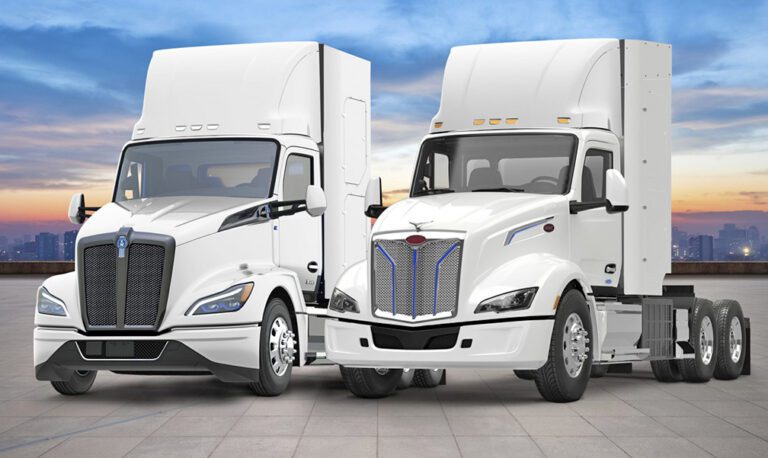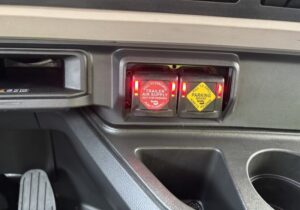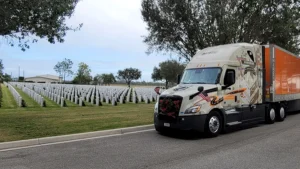BELLEVUE, Wash. and PLANO, Texas — PACCAR and Toyota Motor North America Inc. (TMNA) are expanding efforts to develop and produce zero emissions, hydrogen fuel cell (FCEV) Kenworth and Peterbilt trucks powered by Toyota’s next-generation hydrogen fuel cell modules.
According to a news release, “the expanded agreement supports ongoing development and commercialized zero-emission versions of the Kenworth T680 and Peterbilt 579 models featuring Toyota’s hydrogen fuel cell powertrain kit, with initial customer deliveries planned for 2024.”
“Having worked extensively with the Toyota team, we are confident that our combined efforts can deliver industry leading FCEV trucks with all of the quality, reliability and aftermarket support that Kenworth and Peterbilt customers depend upon,” said John Rich, PACCAR’s chief technology officer. “This partnership further expands PACCAR’s industry-leading lineup of zero emissions vehicles that enhance customers’ operational efficiency and reduce their environmental impact.”
PACCAR and Toyota have collaborated on FCEV truck development for the past several years, including a pilot program that deployed 10 Kenworth T680 FCEV trucks at the Port of Los Angeles.
The pilot provided both Kenworth and Toyota “with real-world feedback that further enhanced the performance and range of the vehicle,” the news release stated.
Designed for use in heavy-duty commercial vehicles, Toyota’s heavy-duty fuel cell electric powertrain kit was recently awarded the Zero Emission Powertrain certification by the California Air Resources Board (CARB).
Toyota will begin assembly of the modules in the United States in late 2023.
“Toyota aims to reduce or eliminate emissions for all mobility solutions, and our fuel cell electric powertrains have proven that hydrogen can play a significant role in the emissions reduction of emissions from heavy-duty transportation,” said Scott Friedman, senior program manager advanced mobility at TMNA. “Receiving the Zero-Emission Powertrain Executive Order from CARB is a key achievement for our teams who have dedicated an incredible amount of time and effort, and we are excited to offer this powertrain commercially in the near future.”
Christopher Yang, TMNA group vice president of Business Development, said his company is excited to work with PACCAR “to realize a future where Toyota’s industry leading hydrogen fuel cell technology can power heavy-duty trucks that will travel across highways throughout the U.S. with zero emissions.“
“This innovative technology enables us to provide our commercial customers with a viable carbon-neutral option to further their business, while also contributing to Toyota’s mission to reduce and ultimately eliminate carbon from the environment,” Yang concluded.
The Trucker News Staff produces engaging content for not only TheTrucker.com, but also The Trucker Newspaper, which has been serving the trucking industry for more than 30 years. With a focus on drivers, the Trucker News Staff aims to provide relevant, objective content pertaining to the trucking segment of the transportation industry. The Trucker News Staff is based in Little Rock, Arkansas.















